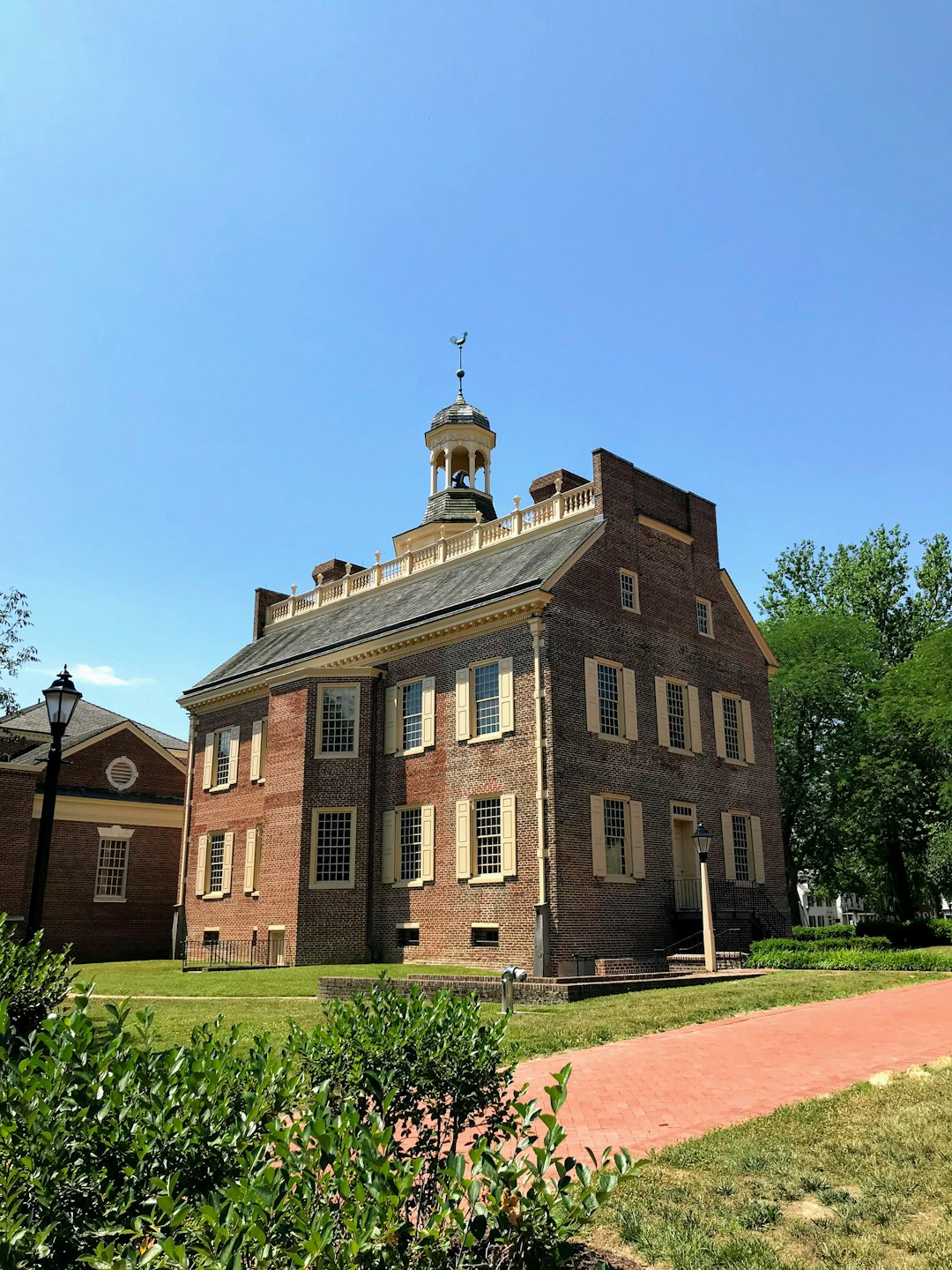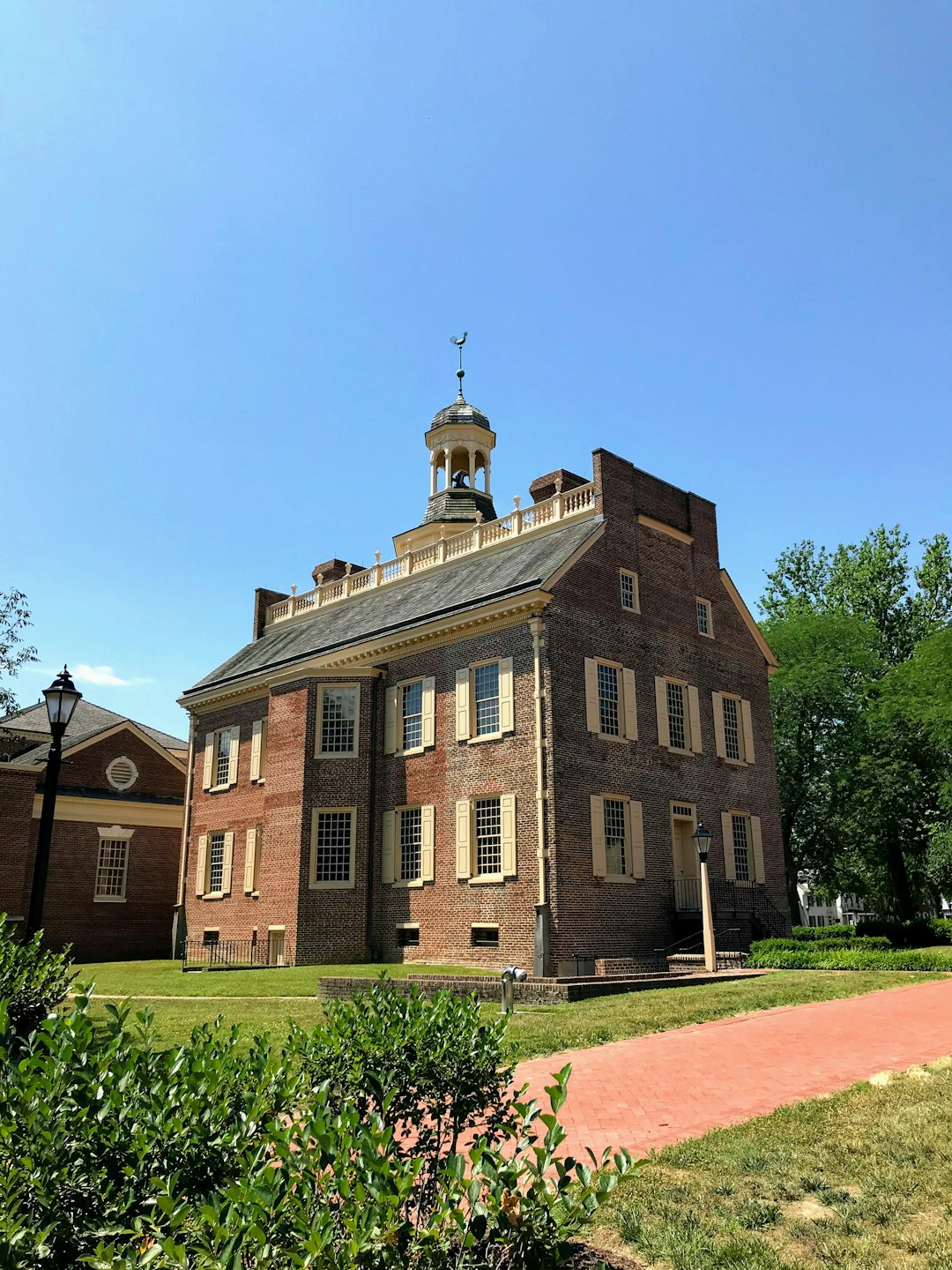Spam calls from automated centers targeting random numbers have reached nuisance levels in Delaware, disrupting personal lives and businesses. Local legislation, including strict laws and a specialized spam call law firm in Delaware, combats these unwanted telemarketing practices by educating citizens about their rights, enforcing regulations, and deterring spammers through legal action. The state employs technological solutions like do-not-call registries and call timing restrictions to reduce spam interactions, fostering a safer communication environment. This collaborative approach ensures effective spam call protection for all Delaware residents.
In the digital age, spam calls have become a persistent and disruptive nuisance. These unwanted phone threats not only invade privacy but also contribute to a toxic communication environment. This article explores how local legislation plays a pivotal role in combating spam calls, focusing on strategies tailored to Delaware. We delve into the impact of these calls, the key components of effective anti-spam call laws, and practical enforcement methods, empowering residents and businesses with knowledge to protect themselves through the existing legal framework at a spam call law firm in Delaware.
Understanding Spam Calls and Their Impact

Spam calls, also known as unsolicited or unwanted telephone marketing calls, have become a significant nuisance for many individuals and businesses in Delaware. These calls often originate from call centers that use automated systems to dial random numbers, with the primary goal of selling products or services. While some may perceive them as harmless irritations, spam calls can have severe consequences on both personal and professional lives.
The impact of spam calls is multifaceted. On a personal level, they disrupt daily routines, invade privacy, and contribute to increased stress levels. For businesses, spam calls can be particularly detrimental, leading to wasted time and resources as staff members deal with these unwanted interactions. Moreover, certain spam call law firms in Delaware have emerged, offering legal assistance to combat this growing issue, ensuring that residents’ rights are protected and offenders face consequences under relevant local legislation.
The Role of Local Legislation in Combating Spam Calls

Local legislation plays a pivotal role in combating spam calls and protecting consumers from unwanted telemarketing practices. In many regions, including Delaware, there are strict laws in place to regulate and penalize spammers who use automated systems or pre-recorded messages to harass individuals. These laws empower local authorities to take action against call centers engaging in fraudulent or abusive activities.
A spam call law firm in Delaware can guide citizens on their rights and help them navigate the legal process if they’ve been a victim of persistent spam calls. By understanding and enforcing these regulations, local governments can deter spammers from targeting residents and create a safer environment for communication. This proactive approach ensures that consumers are not only protected but also have access to justice when dealing with invasive spam call campaigns.
Key Elements of Effective Anti-Spam Call Laws

In the fight against persistent and nuisance spam calls, local legislation plays a pivotal role in protecting residents and businesses alike. Effective anti-spam call laws should incorporate several key elements to ensure their success. Firstly, clear definitions of what constitutes a spam call are essential; this includes identifying specific practices like automated or prerecorded messages, unwanted marketing calls, and calls using restricted or false numbers. Secondly, the legislation must mandate stringent penalties for violators, including substantial fines and potential legal actions, to deter spammers effectively.
Additionally, these laws should empower consumers with tools to report spam calls easily and provide for proactive blocking mechanisms. A robust do-not-call registry, integrated with advanced technology to filter out automated calls, can significantly reduce the volume of unwanted interactions. Moreover, regulating call timing restrictions, such as banning calls before 9 am or after 8 pm, can mitigate the annoyance factor and give recipients a sense of control over their communication preferences. Together, these measures form a comprehensive strategy that aligns with the best interests of both consumers and reputable businesses, targeting only the persistent spammer while fostering a more harmonious relationship between caller and recipient.
Strategies for Enforcing Spam Call Legislation in Delaware

In Delaware, combating spam calls is a multifaceted approach involving both technological solutions and robust legal enforcement. The state’s spam call law firm plays a pivotal role in this effort by specializing in identifying and prosecuting offenders under the Telephone Consumer Protection Act (TCPA). Their expertise lies in tracking down sources through detailed call data records, which are crucial for building strong cases against spamming operations.
One effective strategy is to collaborate with telecommunications carriers who can implement blocking mechanisms and provide call records as evidence. Additionally, public awareness campaigns educate residents on how to recognize and report spam calls, empowering them to be the eyes and ears of the law. This collective effort ensures that Delaware’s spam call legislation remains effective in protecting citizens from unwanted and malicious phone communications.






